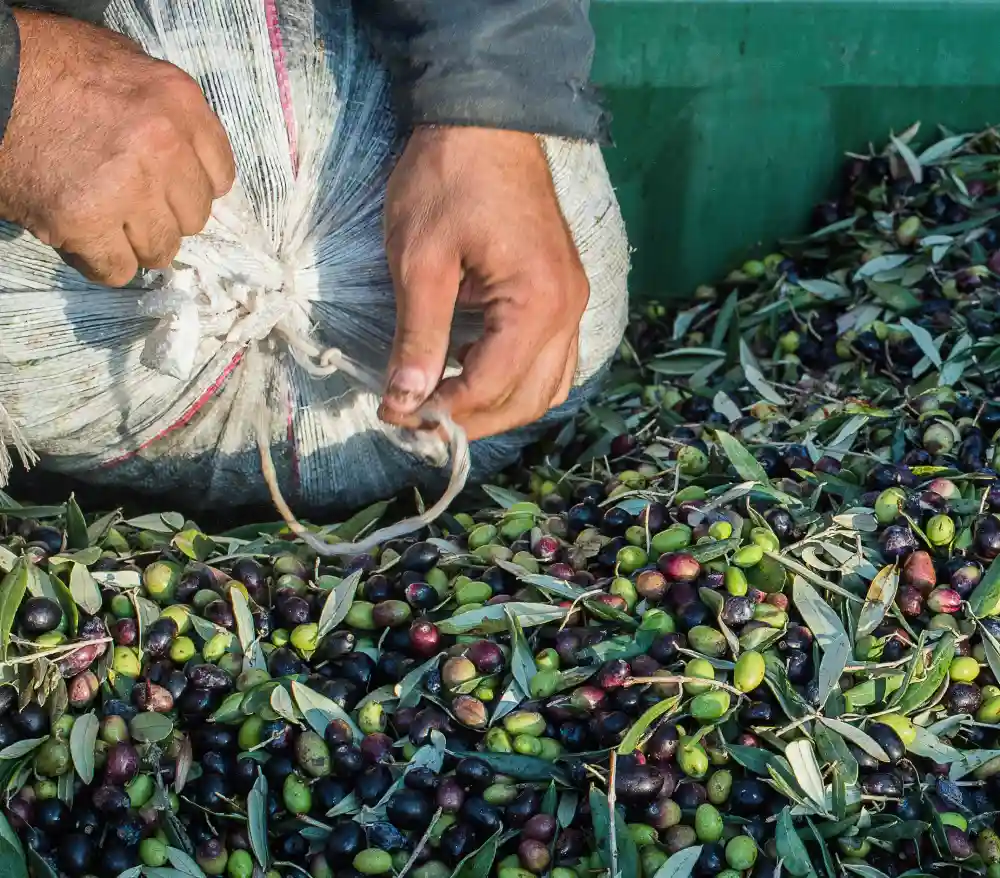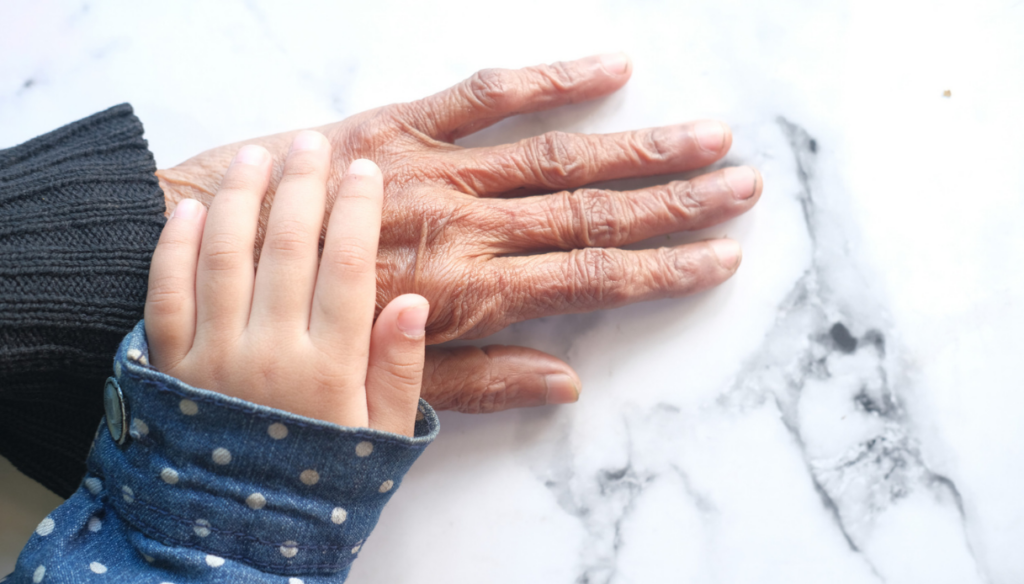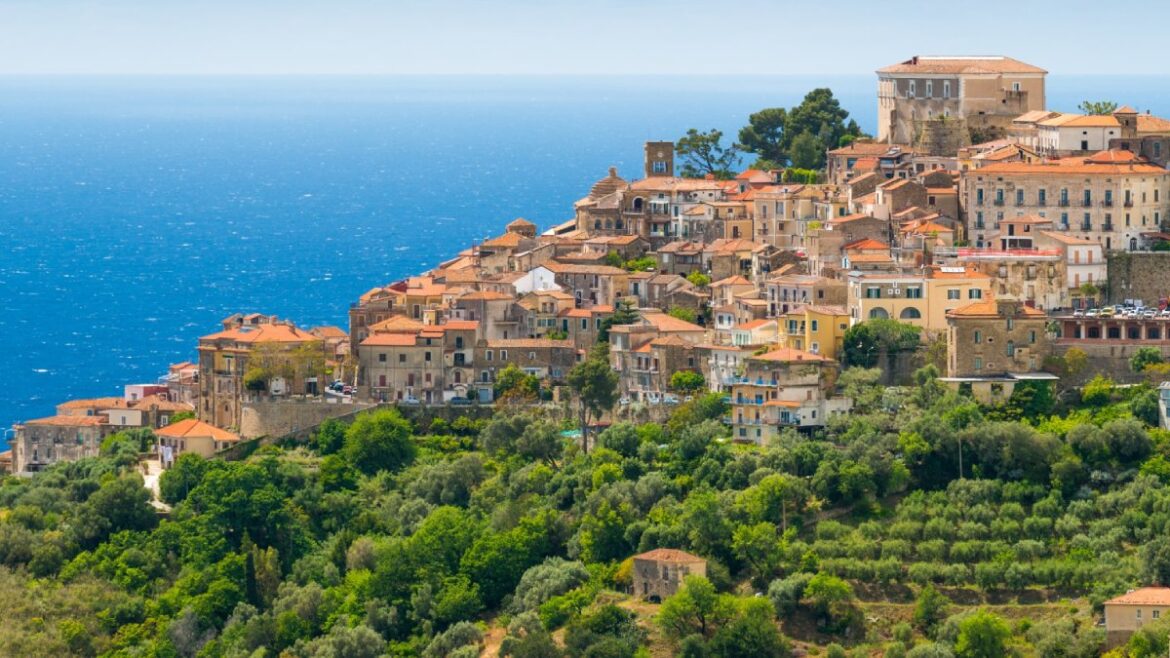In southern Italy, one region stands out for the longevity of its inhabitants. Cilento, located in campania, houses about 300 people over one hundred years old. An international study revealed the factors behind this phenomenon.
The research was conducted by a team of Italian and foreign experts within the framework of the CIAO project (Cilento Initiative on Aging Outcomes). The work was led by Salvatore Di Somma, professor at La Sapienza University, Roma, and founder of the startup Great Health Science.
The survey lasted several years and involved hundreds of residents of Cilento National Park. The data were presented at a conference in the city of Acciaroli, with the participation of scientists from Sweden and San Diego, in the United States.
According to Di Somma, “they often live in rural areas and rarely see doctors. To reach them, we use a camper equipped and we have the help of around thirty doctors from the region.”
Mediterranean lifestyle and diet explain longevity
Life expectancy in Cilento exceeds the Italian average. Women live on average until 91 years old, and men, until 84-85. The secret, according to researchers, lies in diet, an active lifestyle and strong social ties.
 A Cilento producer ties up a bag of freshly harvested olives, the staple food of the region’s centenarians | Photo: Depositphotos
A Cilento producer ties up a bag of freshly harvested olives, the staple food of the region’s centenarians | Photo: Depositphotos
The local diet includes plenty of olive oil, legumes, whole grains and few processed products. Red meat is rare on the table of centenarians. Alcohol, when consumed, is usually in the form of distilled spirits and in moderation.
The study found low levels of LDL cholesterol and blood glucose among the elderly, as well as excellent vascular health. An important marker was the presence of bioadrenomedullin, a substance that promotes blood circulation and protects organs.
“And we know how important blood flow to the brain is to prevent dementia,” Di Somma told the newspaper. La Repubblica.
 The study involved residents over 100 years old and comparisons with foreigners | Photo: Depositphotos
The study involved residents over 100 years old and comparisons with foreigners | Photo: Depositphotos
Comparison with Swedish volunteers showed rapid changes
One stage of the study involved a group of Swedish volunteers with different eating habits. After spending a short period in Cilento and adopting the local diet, tests revealed improvements in blood levels and intestinal microbiota.
The researchers noted an increase in beneficial bacteria in the gut, which is associated with protection against cardiovascular disease. “The effects started to show in less than a week,” Di Somma said.
Despite this, the children of centenarians do not maintain the same habits. Tests have shown that they are less active, have higher body weight and consume more processed foods. As a result, their cardiovascular health is between that of their parents and their children. swedish.
Di Somma concluded: “The protective effect of Cilento is still present, possibly because of genetics, which accounts for about 25% to 30%. The rest depends on lifestyle.”


Dining and Cooking